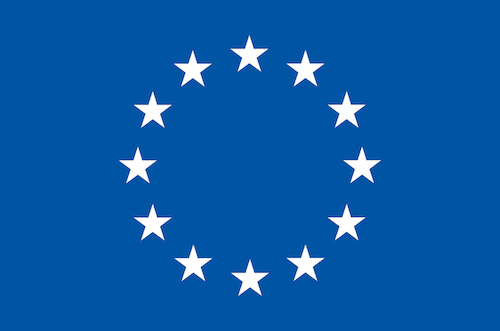Epigenetics: a new frontier for environmental research
We are exposed to a wide range of factors that, as well as our genome, influence our life from conception onwards. The totality of this factor has been defined as exposome. Measuring or modelling the exposome has become a main aim for many researchers involved in environmental studies. The European Commission organized an Expert Workshop in Brussels on September 6th, titled Environmental Epigenetics and the Exposome: Promises and Challenges, to discuss the state-of-art of this field of research. Amongst the participants to this meeting was Paolo Vineis, from Imperial College, who was there as the coordinator of the Lifepath project.
Lifepath is a project funded by the European Commission, aimed to investigate the biological consequences of socio-economic inequalities and their impact on healthy ageing. At the Brussels meeting, Vineis presented the project’s epigenomic approach within the context of exposome research.
Vineis showed some recent data on the association between the hypomethylation of some genes and lung cancer, and on epigenetic variation related to smoking, as the background to introduce Lifepath’s core concepts – like the life-trajectory model of ageing and the multidisciplinary approach – and goals. He then showed all the cohorts involved in Lifepath’s research, some of the first project’s results, and a list of all the biomarkers that will be analysed during the whole course of the project.
“It was very important for Lifepath to participate to this workshop”, commented Vineis. “It was a great opportunity to discuss and share results with other researchers, which is fundamental to effectively engage the study of exposome”.

 Lifepath
Lifepath